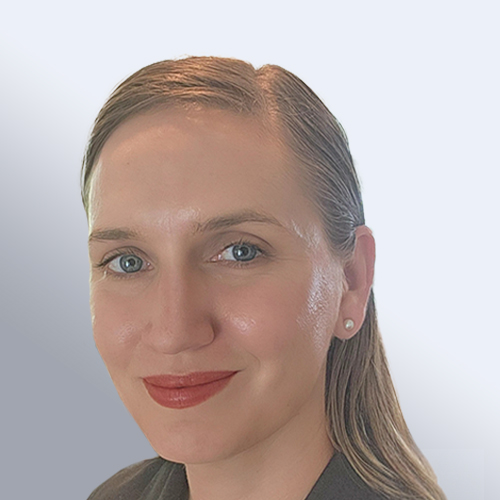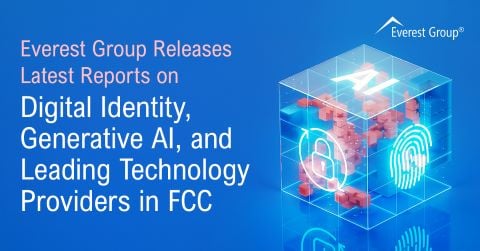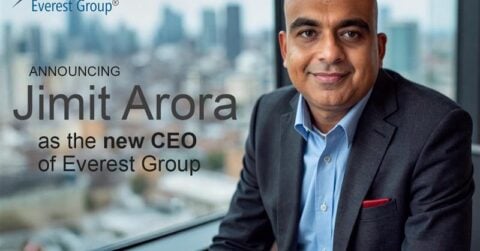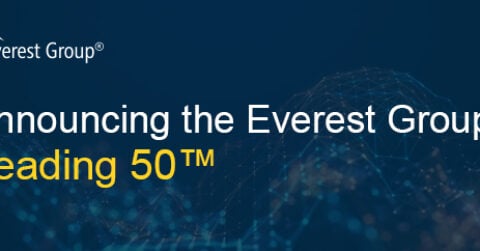DALLAS ─ While some companies outsourcing finance and accounting services are capturing added value from service providers’ proprietary, platform-based technology solutions, most buyers continue to opt for less-disruptive augmentation approaches, according to Everest, a global consulting and research firm.
Seeking to more strongly integrate best practices and differentiate themselves from competitors, some Finance and Accounting Outsourcing (FAO) suppliers such as TCS and Infosys BPO are successfully pioneering platform-based offerings that could potentially offer significant value, according to Everest’s study, Technology Flavors in FAO – From Tools to Platforms. Nevertheless, most buyers are reluctant to replace existing platforms and their inherent investments in them, instead opting for non-disruptive ‘add-on’ solutions that solve problems and enable end-to-end processes.
“FAO buyers recognize technology as a key enabler, but most are unwilling to take on disruptive changes to their technology landscapes,” said Katrina Menzigian, Vice President, Research. “While some suppliers are pioneering platform-based solutions that work well for some situations, most buyers continue to opt for augmentation approaches that wrap around their current systems and enhance their current investments. In response, we’ve seen suppliers make significant investments to expand capabilities as evidenced by recent M&A activity and an increase in partnerships, particularly with independent software vendors. The right technology approach is not driven by market trends but by buyer needs and requirements.”
The Everest study focuses on the different types of technology in FAO, add-on tools and solutions that enable technology augmentation and the current landscape of platform-based FAO offerings.
Other insights of the study include:
- Most technology-led FAO offerings are horizontal in nature and targeted to mid-sized and large buyers
- Suppliers use transactional pricing or bundle technology costs with FTE pricing
- Most F&A organizations have ERP-based processing system and prefer license ownership, thus most are not seeking new implementations or replacements
- Suppliers recognize increased technology usage may reduce FTE component for existing work but believe it can facilitate scope expansion and penetration into new segments
- Players taking a platform approach differ in their scopes and industry focuses; consequently, some platforms are horizontal in nature or more industry specific
“While supplier focus on innovation is important, there is no need to re-invent the wheel,” said Saurabh Gupta, Research Director and co-author of the report. “FAO clients primarily want suppliers to plug functionality gaps, help solve business problems, and lower technology investment costs. Successful supplier technology strategies will be built on a mix of partnerships with software vendors with a layer of proprietary tools and processes.”
The study analyzes the technology capabilities and offerings of established FAO suppliers including Accenture, Capgemini, HP, Genpact, IBM, Infosys BPO, TCS, Wipro, WNS and Xchanging.







